



Aware of the importance of the resources available right from the start, besting is developed with a linear and sustainable concept, which is implemented along the entire productive supply chain with special attention on ethical manufacturing and sustainability not only in terms of materials, but also in terms of organization and processes.

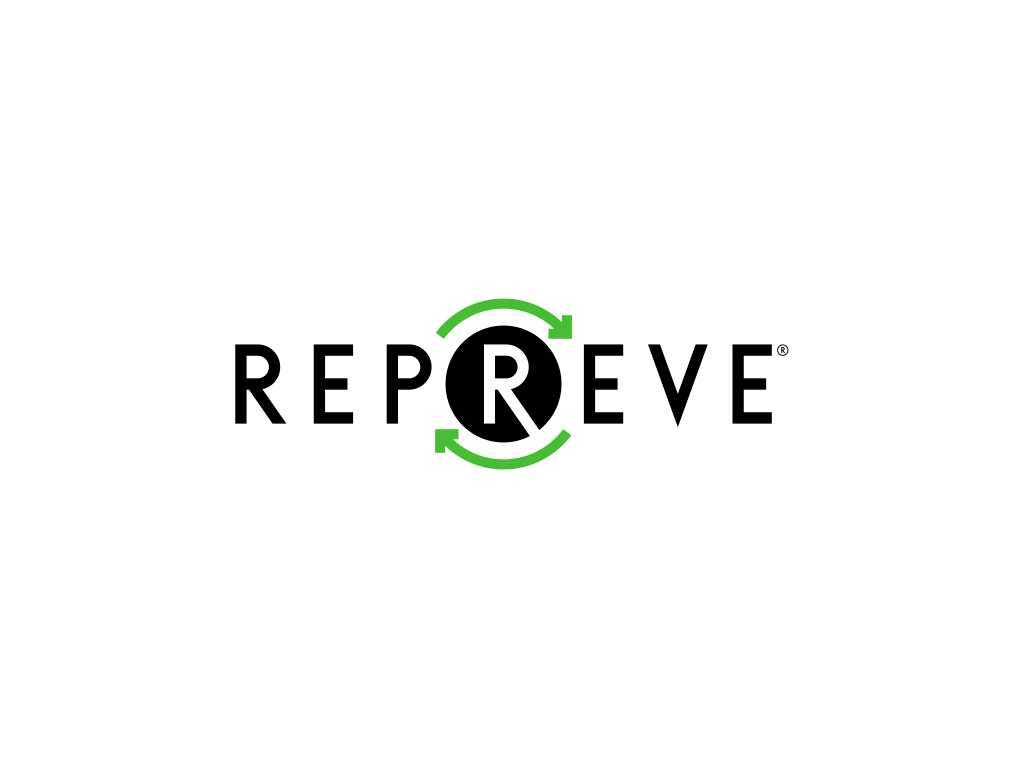
Repreve transforms recycled bottles into an amazing fiber, used by the world's leading brands to make athletic and fashion apparel and more. Their process embeds properties like wicking, adaptive warming and cooling, water repellency, and more at the fiber level. For reliable, durable quality.
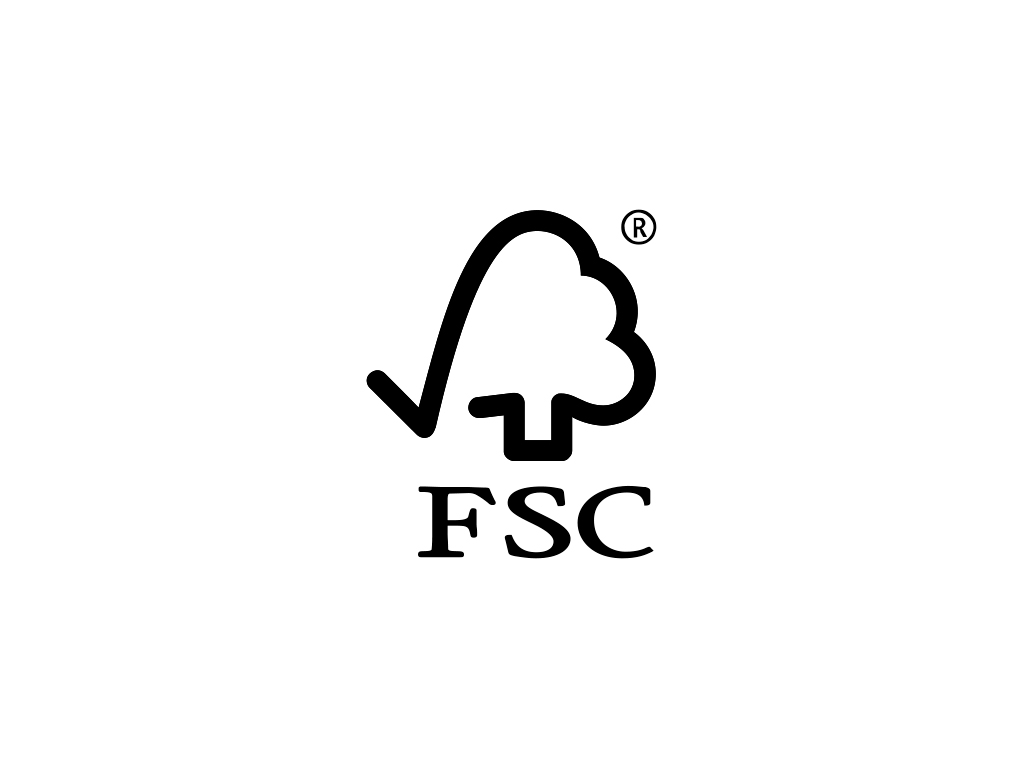
Forest-based fabrics, such as rayon, viscose, modal or lyocell, are increasing being used by the fashion industry. This is good news, as they can be more environmentally friendly than synthetic textiles or cotton, if the cellulose fibres come from well-managed forests.
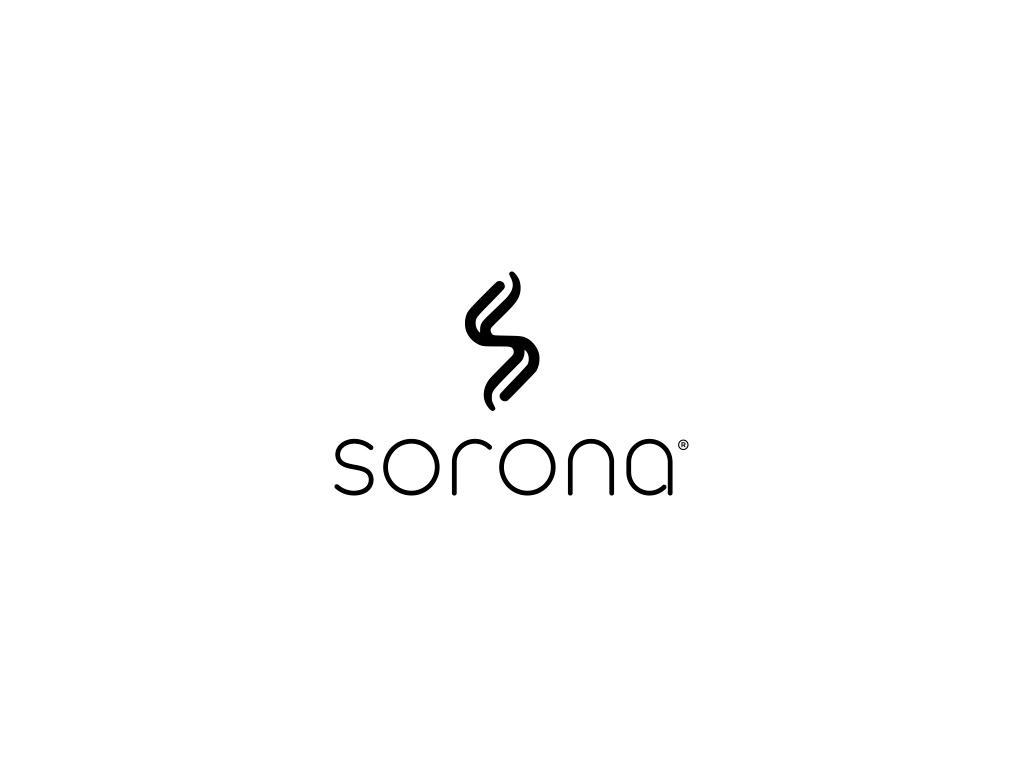
Sorona believes in trust, traceability and transparency throughout the entire supply chain. That’s why all Sorona® fabrics are certified to look good, feel good, and do good through the Common Thread Fabric Certification Program—ensuring the performance our customers deserve, and the accountability our industry needs.
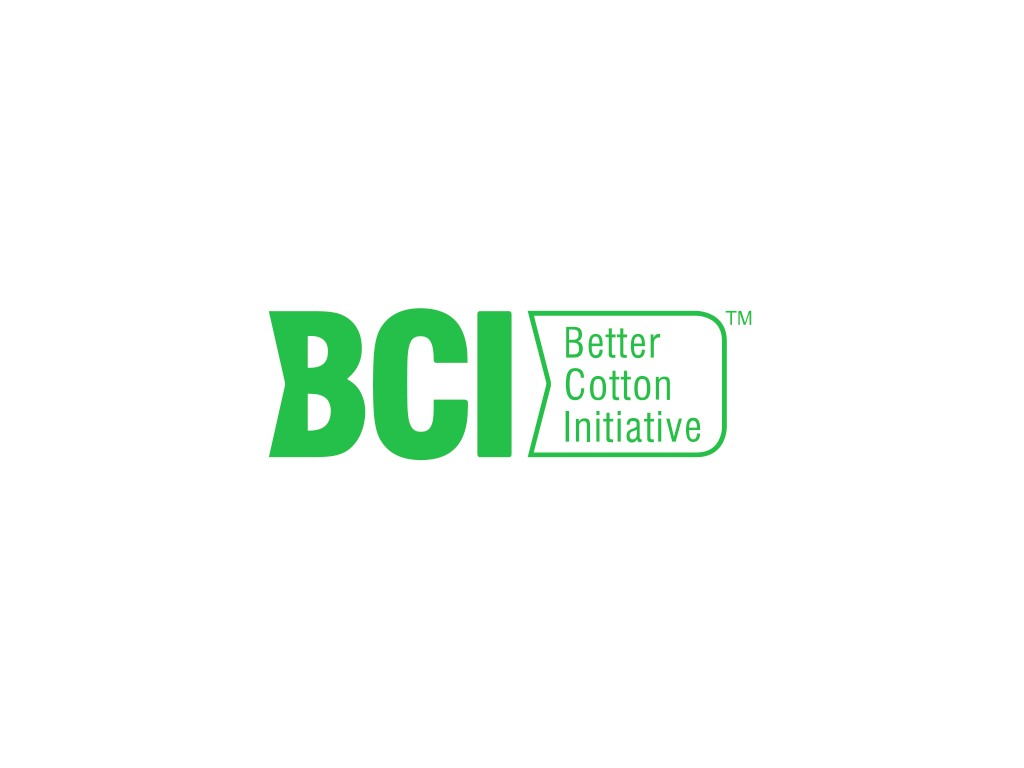
The Better Cotton Initiative (BCI) is a global not-for-profit organisation and the largest cotton sustainability programme in the world. BCI exists to make global cotton production better for the people who produce it, better for the environment it grows in and better for the sector’s future.
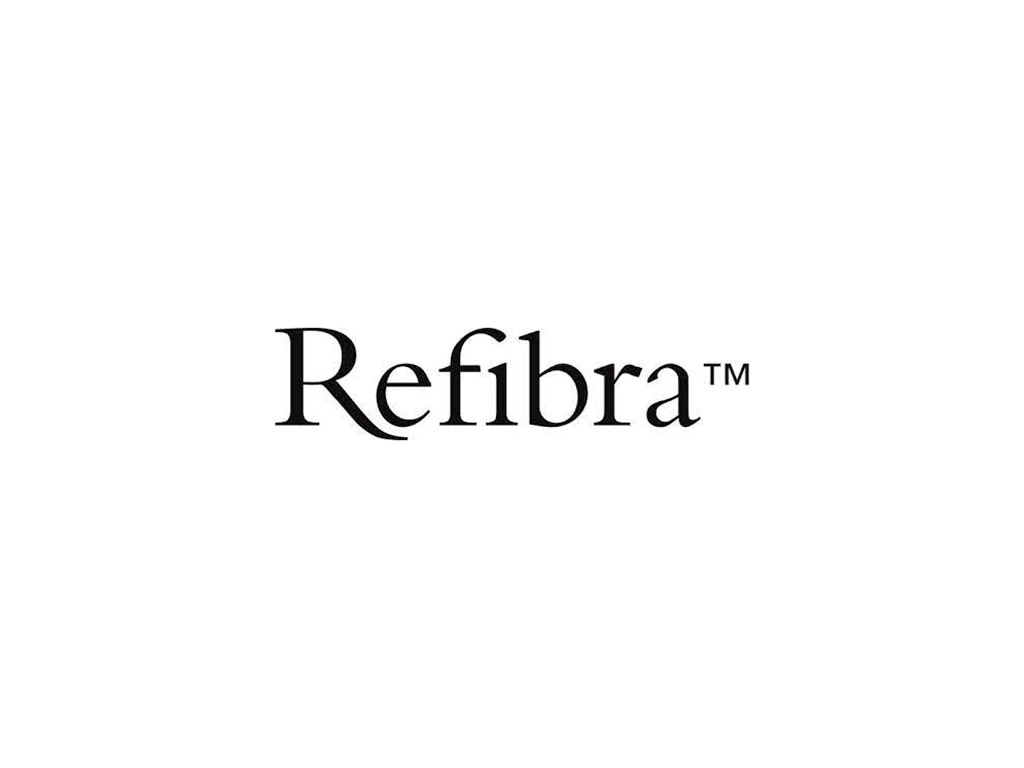
The pioneering REFIBRA™ technology involves upcycling a substantial proportion of cotton scraps e.g. from garment production, in addition to wood pulp, where the raw material is transformed to produce new virgin TENCEL™ Lyocell fibers to make fabrics and garments.
Based on the award-winning efficient closed loop production process as standard TENCEL™ Lyocell fiber, REFIBRA™ technology is Lenzing’s first step to contribute to the circular economy in the textile industry.
Garments made of Refibra™ also traceable same as Tencel™ Tencel™ Modal, Tencel™LUXE, and EcoVero™.

Derived from certified renewable wood sources using an eco-responsible production process by meeting high environmental standards, LENZING™ ECOVERO™ fibers tailor to a sustainable lifestyle, contributing to a cleaner environment.
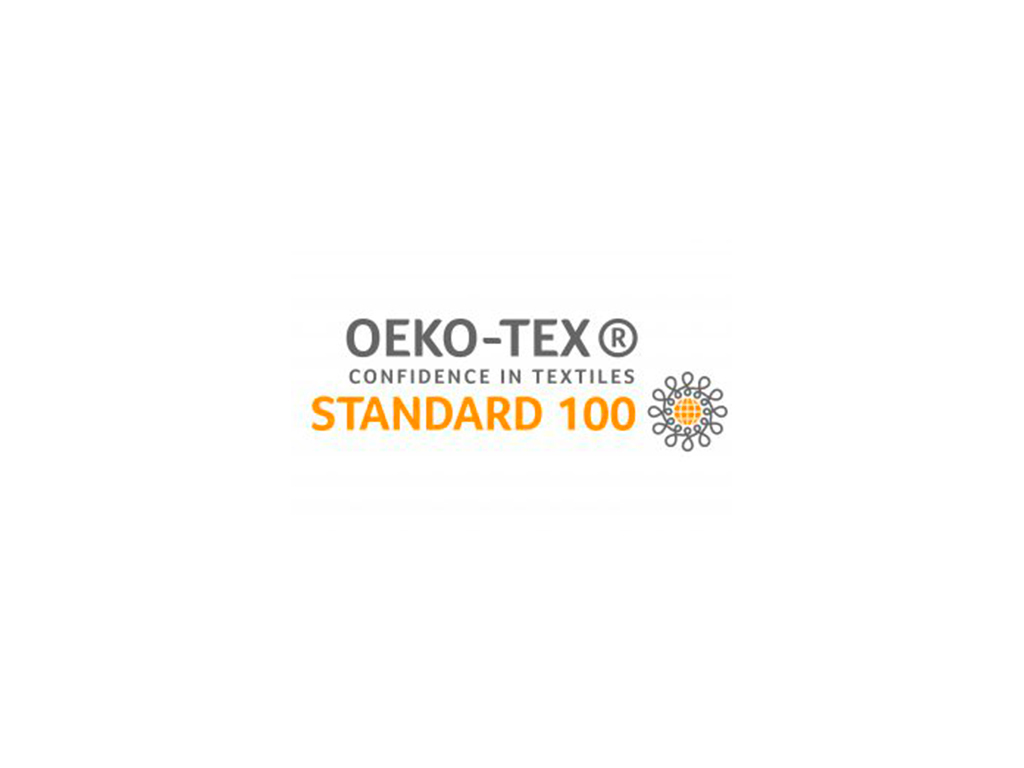
The STANDARD 100 by OEKO-TEX® certification is the worldwide best known voluntary “ecological-label” for textile products and accessories.
The STANDARD 100 by OEKO-TEX® label guarantees that textile products and their accessories do not release harmful substances to human health and are therefore safe products from the human-ecological point of view.
It includes substances prohibited or regulated by law, chemicals known to be harmful to health but without explicit legal regulations yet as well as further parameters for safeguarding health (e.g. a skin-friendly pH value and good colour fastness have to be demonstrated).

Sustainable fashion, ethical clothing, fair production have many meanings. The Global Organic Textile Standard (GOTS) has a clearly defined set of criteria and is transparent.
GOTS is the worldwide leading textile processing standard for organic fibres, including ecological and social criteria, backed up by independent certification of the entire textile supply chain. GOTS certified final products may include fibre products, yarns, fabrics, clothes, home textiles, mattresses, personal hygiene products, as well as food contact textiles and more.
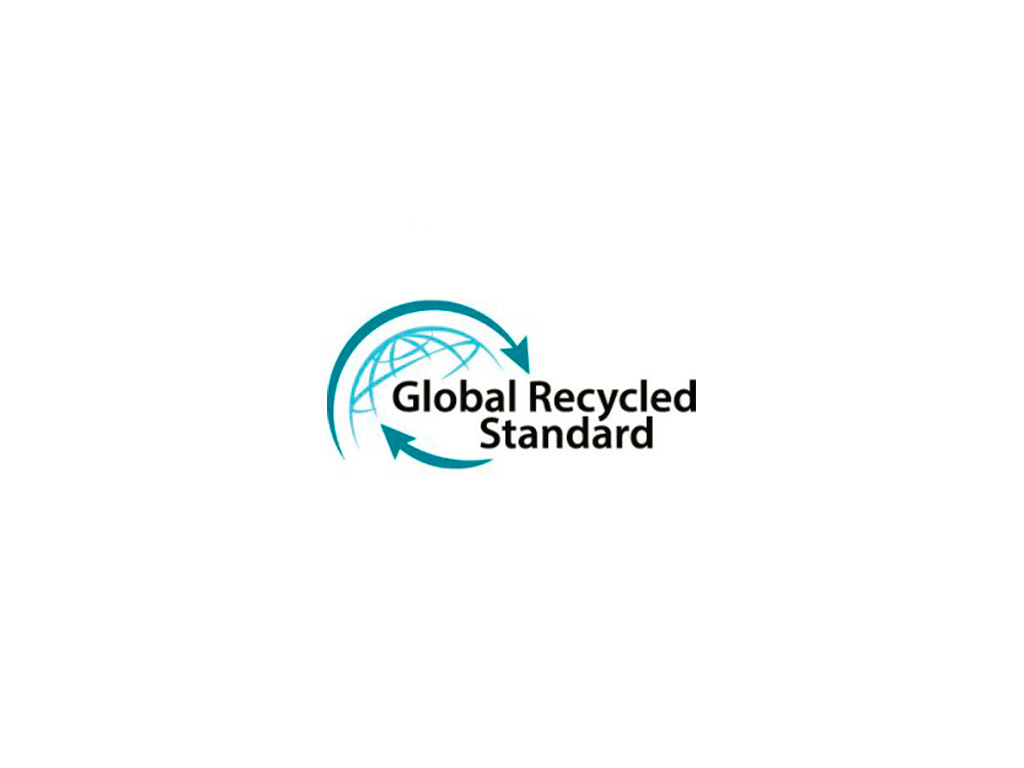
The Global Recycled Standard (GRS) is promoted by Textile Exchange , one of the most important non-profit organizations that internationally promote responsible and sustainable development in the textile sector . With this standard, Textile Exchange recognizes the fundamental importance of recycling for the growth of a model of sustainable production and consumption; aims to encourage the reduction of resource consumption (virgin raw materials, water and energy) and to increase the quality of recycled products.
